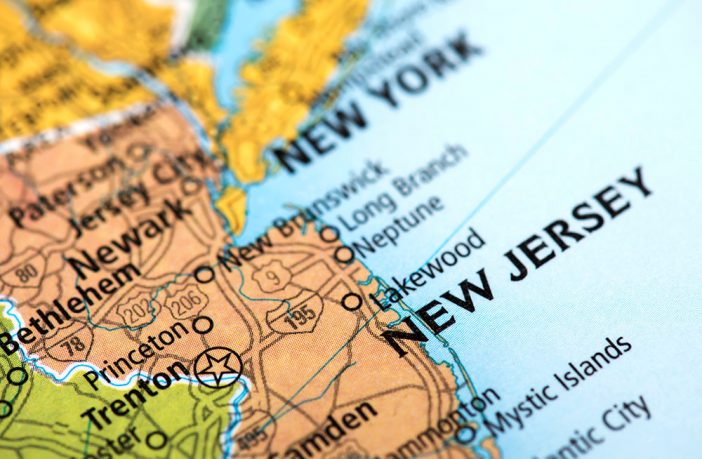Illegal aliens are now eligible to receive professional and occupational licenses in New Jersey—a move that could grant more than 563,000 illegal aliens the opportunity to work in the state.
On September 1, New Jersey Governor Phil Murphy signed legislation that removes the immigration status requirements for individuals applying for professional and occupational licenses as long as all other position requirements are met. More than 200 occupations—including accountants, architects, beauticians, court reporters, doctors, dentists, engineers, nurses, occupational therapists, social workers and veterinarians—require licensure in New Jersey.
The reckless move comes at a time where some 1.3 million New Jerseyans are unemployed mostly due to the economic crisis brought by the COVID-19 pandemic. Now U.S. citizens and legal immigrants must compete with illegal aliens for scarce job opportunities. Rather than prioritize unemployed American citizens and legal immigrants, political officials in New Jersey signaled to residents that lawbreakers are of primary concern.
The law is also likely to incentivize more illegal immigration to the state—and it simply cannot afford to absorb additional fiscal costs of illegal immigration. The state already faces significant revenue deficits. Additionally, illegal aliens and their children cost state taxpayers roughly $4.5 billion annually. With job opportunities and improved economic conditions serving as some of the top factors that encourage illegal aliens to migrate to the United States, it is unfathomable to see lawmakers pass this bill. The ineptitude from the state’s politicians may explain why New Jersey recently ranked as a top state people are fleeing from.
Moreover, the measure undermines federal law. Illegal aliens are precluded from receiving commercial and professional licenses under 8 U.S. Code § 1621. It is also illegal for an employer to hire an illegal alien under 8 U.S. Code § 1324.
This disturbing trend of granting increased job opportunities to illegal aliens is not limited to New Jersey. As of 2019, at least nine other states have passed similar laws to facilitate access to professional and occupational licenses.




